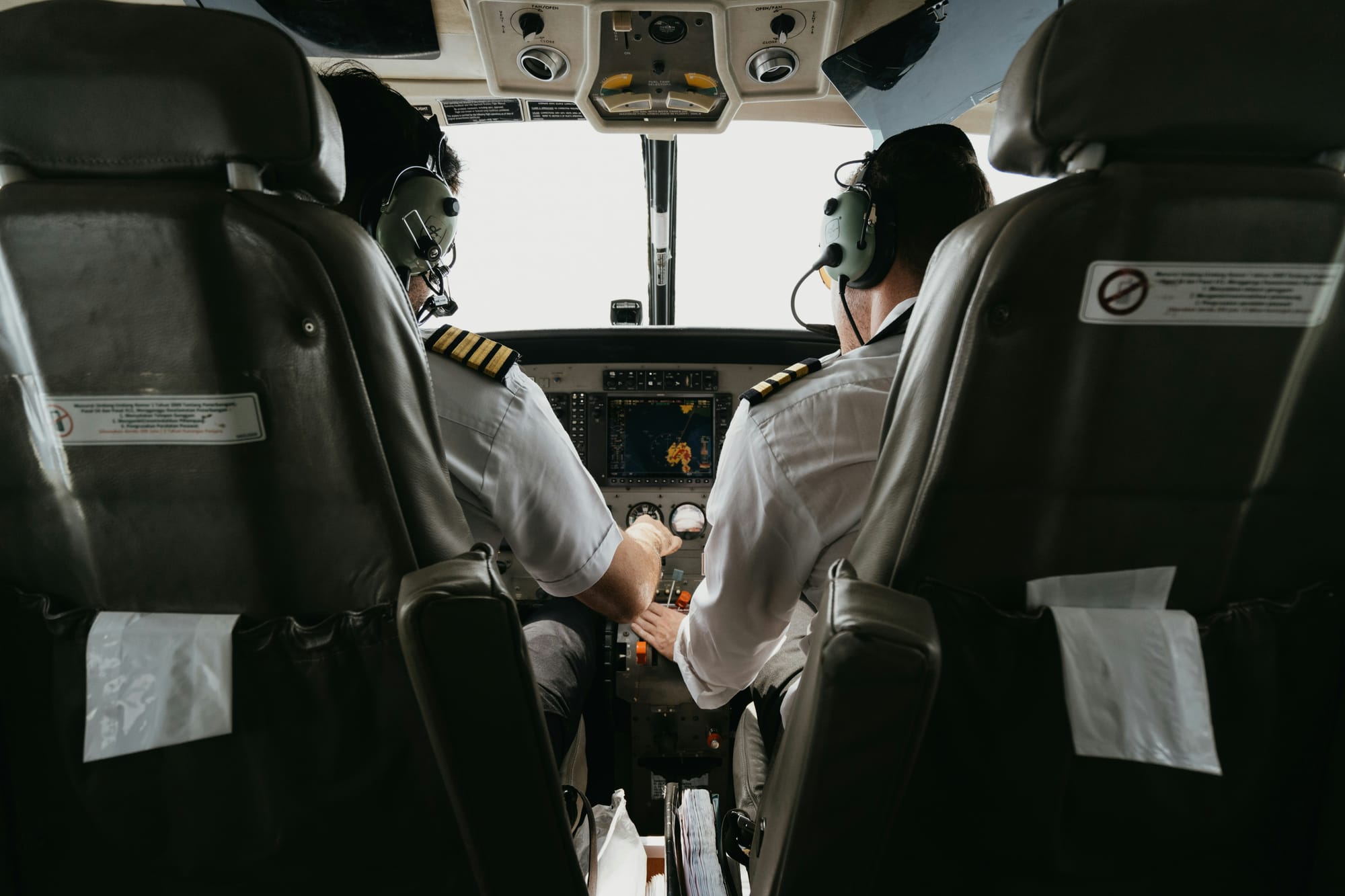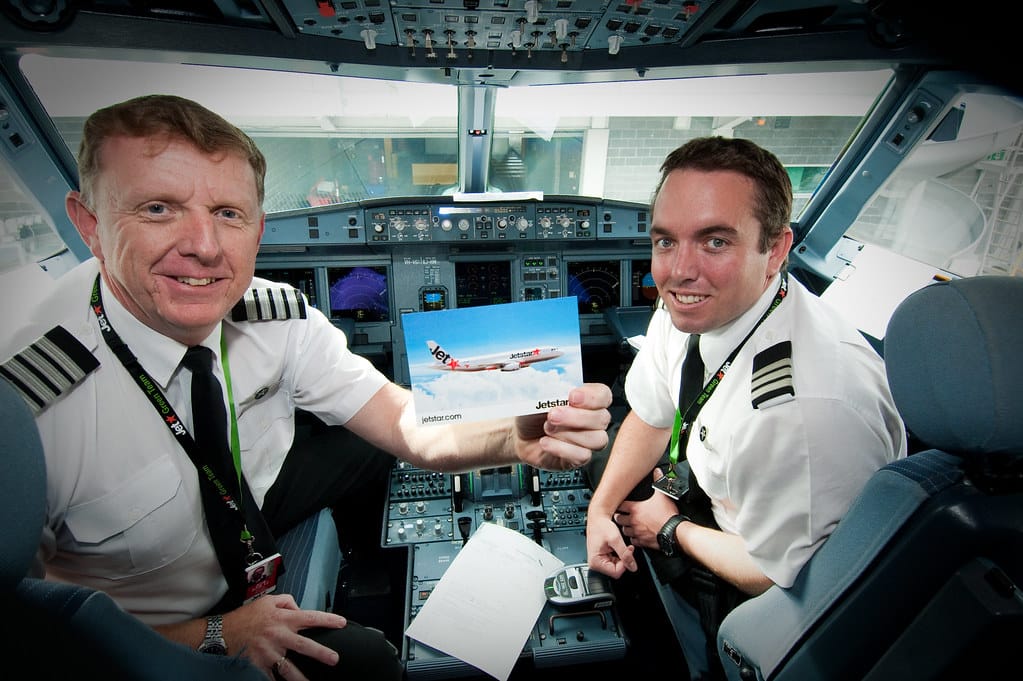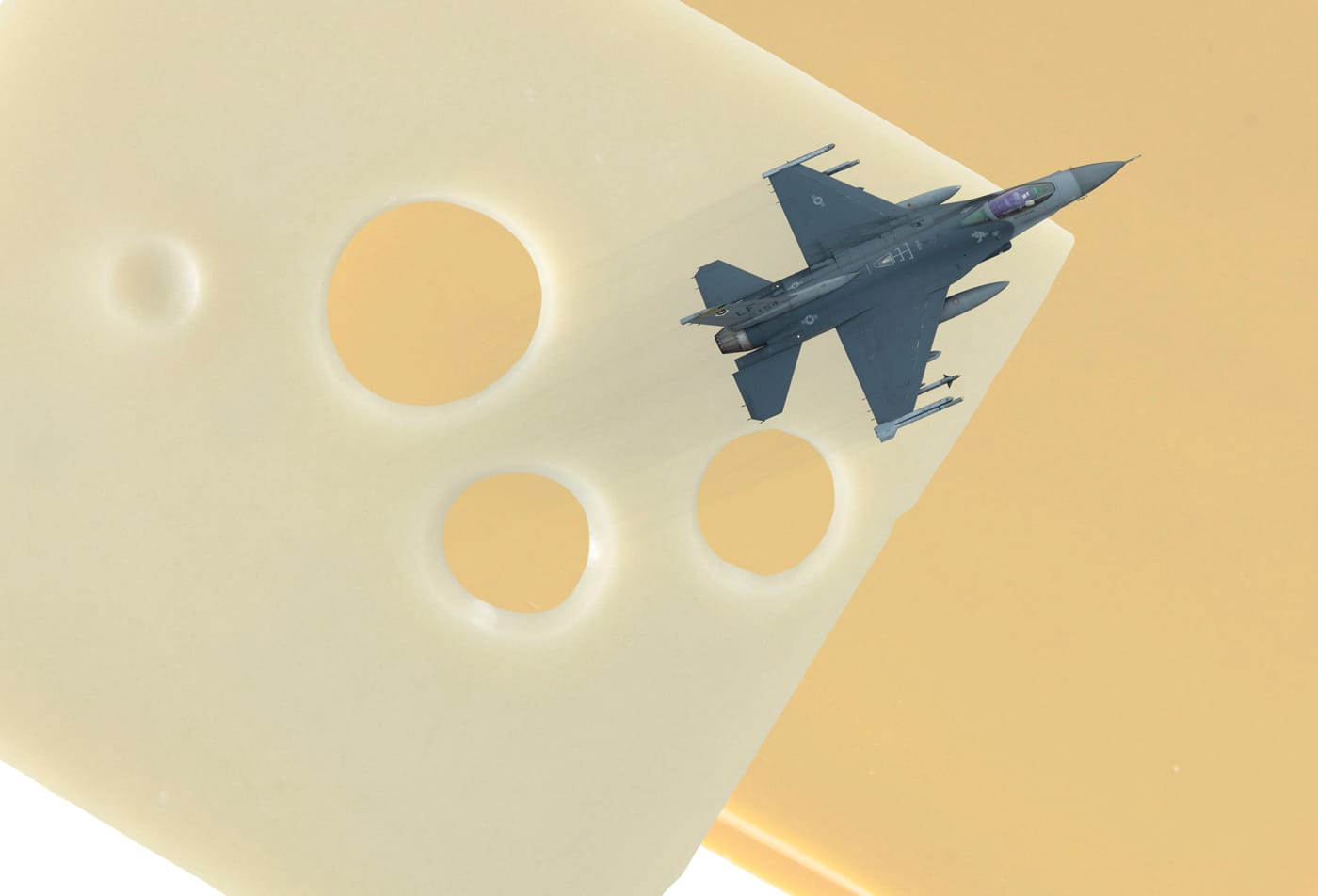What Do Commercial Airline Pilots Really Make?
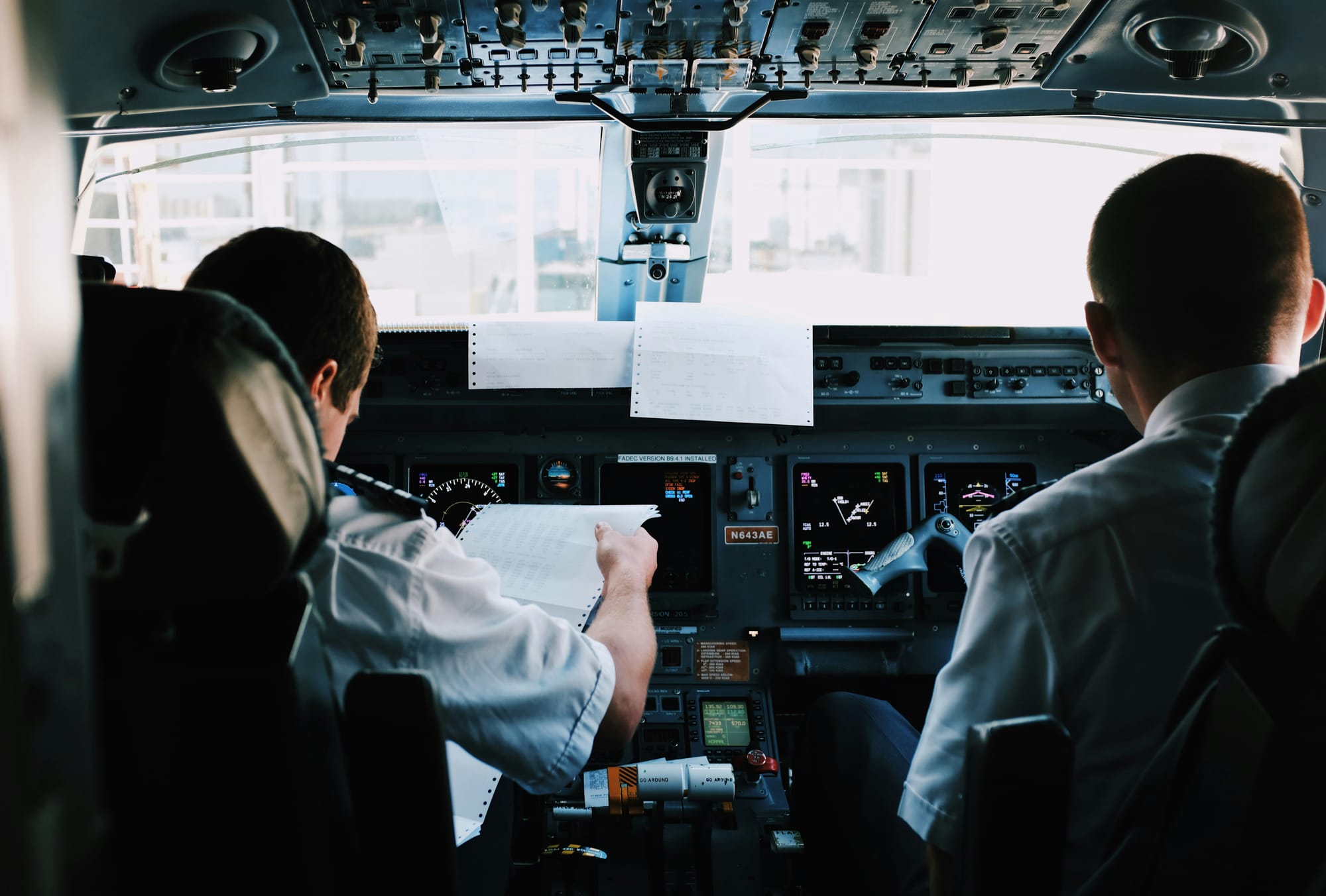
The cockpit of a commercial airliner is a dream job for many – adventure, travel, and the responsibility of piloting a magnificent machine. But let's face it, financial security is also a major factor. So, if you're considering a career as a commercial airline pilot in the United States, how much money can you expect to make?
Brace yourself for some turbulence – airline pilot salaries can vary significantly. Here's a breakdown of what factors influence their earnings and a sneak peek at the salary ranges for different types of airlines.
Factors Affecting Pilot Pay
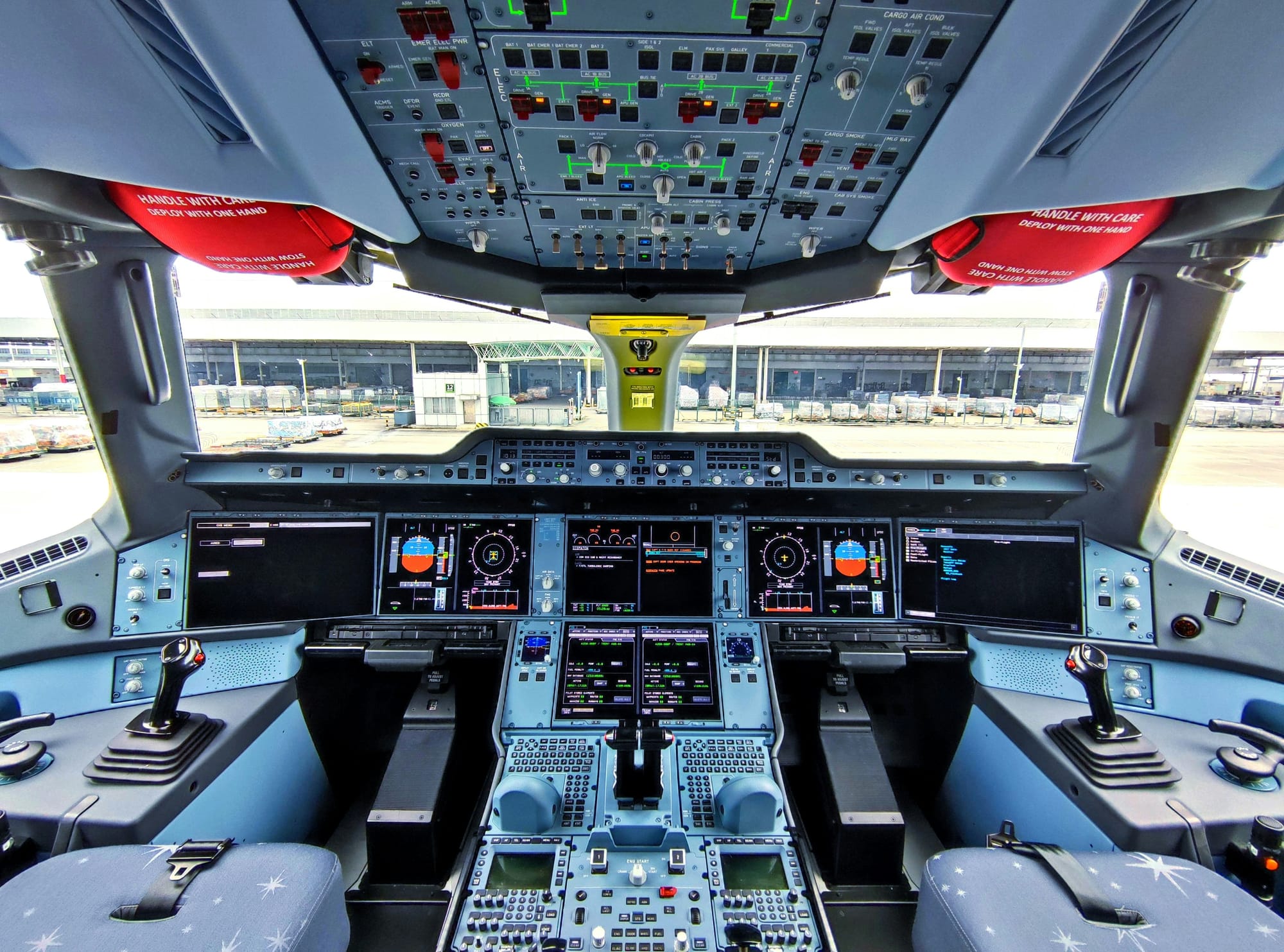
Unlike a typical annual salary, airline pilots are often paid by flight hours. This means experience, aircraft type, and the airline itself all play a significant role in determining their income. Here are some key factors to consider:
- Experience: Just like in most careers, experience is king. First Officers (co-pilots) naturally earn less than Captains (pilots in command). As you accumulate flight hours and move up the ranks, your pay increases.
- Airline Type: Legacy carriers, the established airlines with a long history and large fleets (think American, Delta, United), generally offer higher salaries than regional airlines that handle shorter routes with smaller planes. Cargo airlines may also offer competitive salaries.
- Aircraft Type: Pilots flying larger, more complex aircraft typically command higher salaries compared to those flying smaller planes. An Airbus A350, for example, requires more experience and expertise to operate than a Bombardier CRJ-200, and the pilot's compensation will reflect that.
- Unionization: Many airline pilots in the United States are represented by unions, such as the Air Line Pilots Association (ALPA). These unions negotiate contracts that establish salary scales, benefits packages, and work rules, providing pilots with a level of job security and standardized pay structures.
Legacy Airlines vs. Others: A Salary Showdown
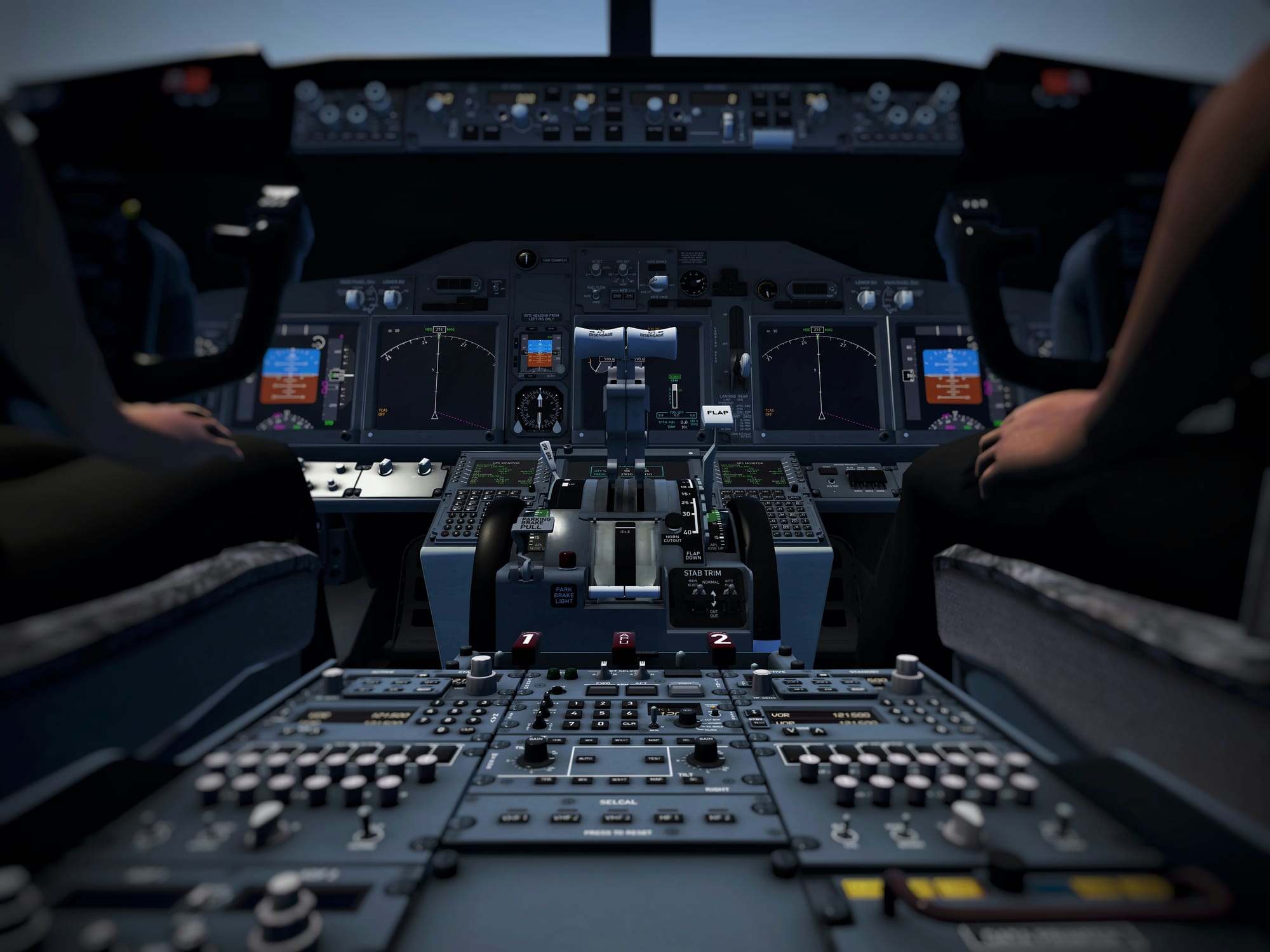
Now, let's dive into some general salary ranges. It's important to remember these are estimates and can vary depending on the specific airline, contracts, and individual experience.
- Legacy Airlines: First Officers at major airlines can expect a starting salary in the range of $55,000 to $90,000 per year. Captains, on the other hand, can earn significantly more, with salaries potentially reaching $150,000 to $240,000 annually after a few years. Experienced Captains at legacy airlines can reach well over $200,000.
- Regional Airlines: Salaries for First Officers at regional airlines tend to be lower, starting around $40,000 per year. As you gain experience, you can expect this to increase to around $80,000. While regional airlines may offer a path to a major airline, lower pay is a significant consideration, especially in the initial stages of your career.
- Cargo Airlines: Cargo airlines typically offer salary structures similar to legacy airlines. Keep in mind that cargo flights often operate at night or on less desirable routes, so pilots may be compensated for these factors.
Additional Benefits for Pilots
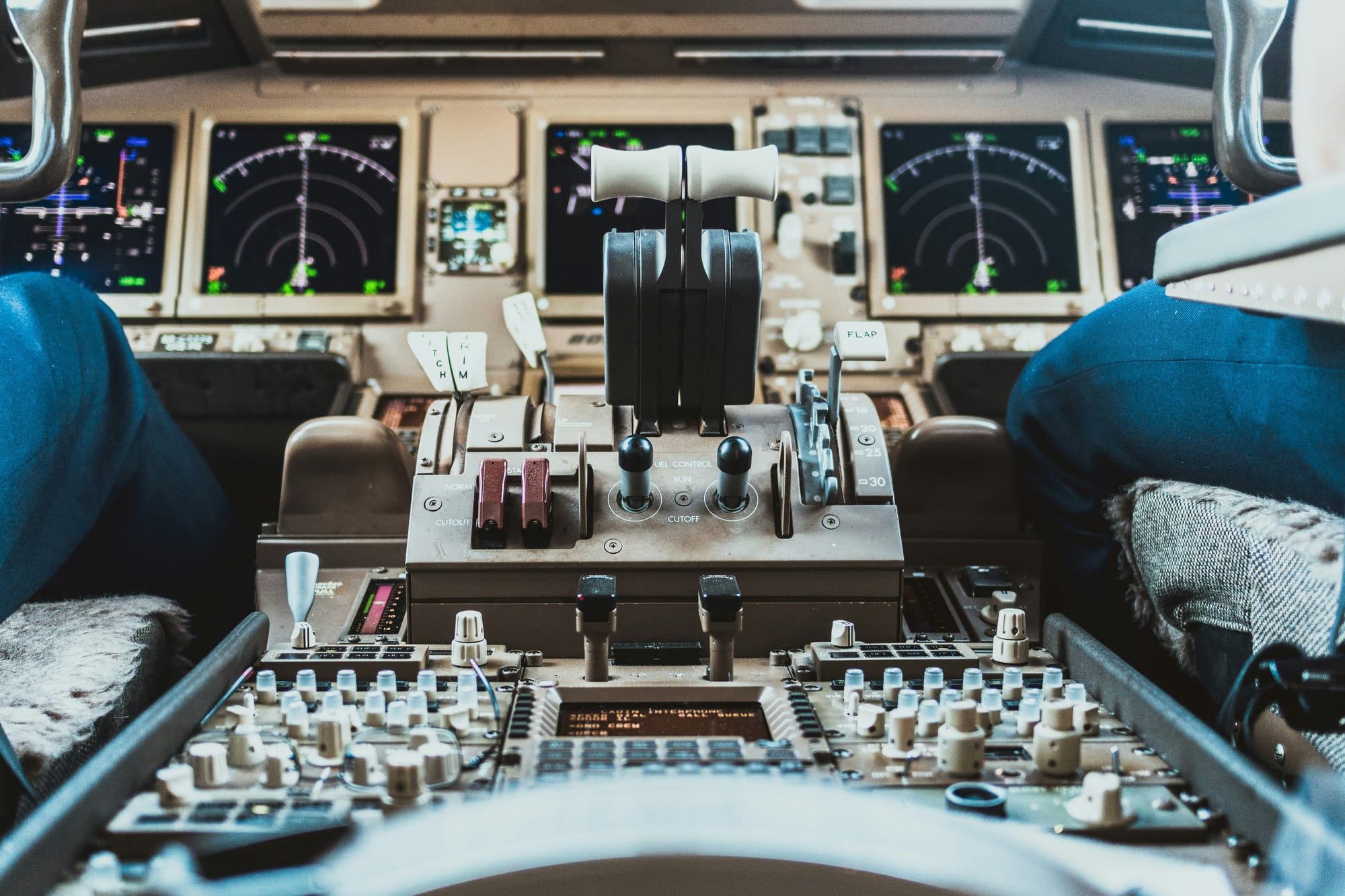
Airline pilots often receive a generous benefits package on top of their base salary. This might include health insurance, dental and vision plans, life insurance, disability insurance, and retirement savings plans with generous employer contributions. Some airlines may also offer travel benefits for pilots and their families, allowing them to explore the world on a budget during layovers.
Final Thoughts
So, if you're passionate about aviation and ready to embark on a rewarding career, becoming a commercial airline pilot offers a competitive salary and a fulfilling lifestyle. Remember, the route to becoming a pilot requires dedication, training, and experience. Research different airlines, understand their compensation structures and career paths, and factor in the time it takes to reach higher pay grades. With hard work and perseverance, you can take flight towards a successful career in the skies.


